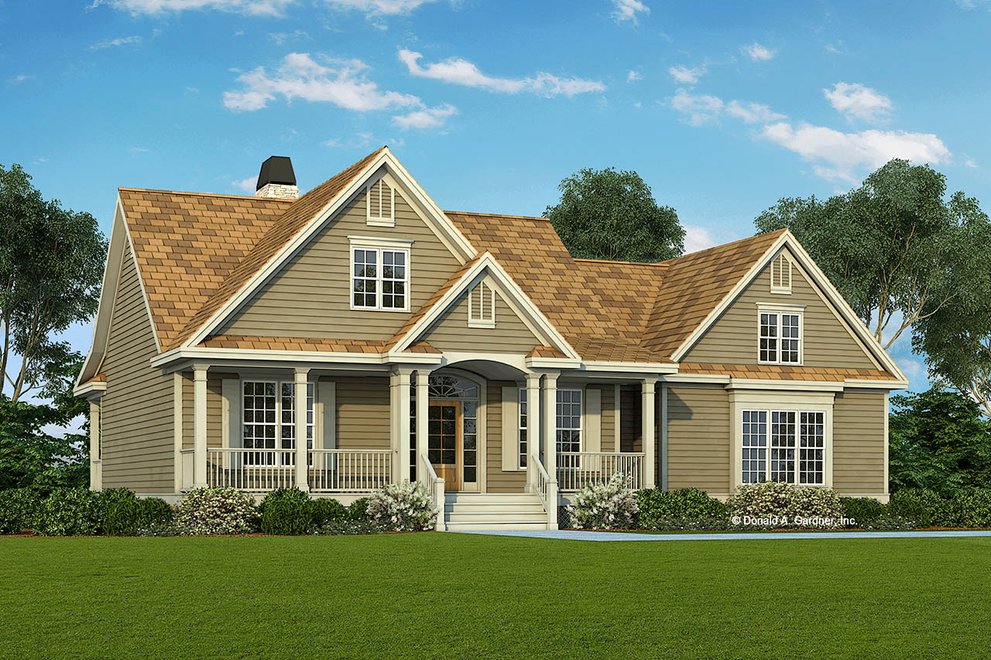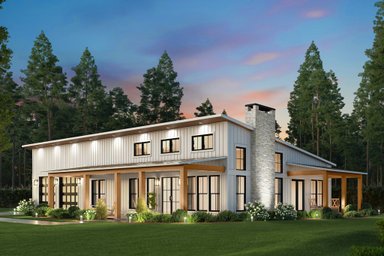Residential construction costs are not that complicated unless you
really want to make them that way. There are some general broad stroke
pieces of information that if you know them, you will not be surprised
when it comes time to planning your budget. I get asked these questions
all the time, it makes me wonder if doctors get asked to look down
people’s throats everywhere they go? (I hope so…).Since all these
costs can be screwed up in any number of ways, take all this
information with a grain of salt. It would seem reasonable to assume
that masonry construction in the border states, with the amazing amount
of readily available skilled labor, will cost less than masonry
construction somewhere in non-border states. Texas is also a
right-to-work state and we don’t face some of the typical cost issues
that unionized states enjoy. So now that I have my disclaimer out of the
way, let’s talk numbers!When starting to plan for a construction
budget, there are some items that you should plan on including in your
budget. These would include:
Click here to read the complete article on "Life of an Architect"
- Providing utilities to the site if not currently present
- Site Preparation (clearing away trees, stabilizing soil, cutting and filling to grade the site, etc.)
- Demolition (if there are structures currently on the lot)
- Construction costs, including foundation, framing, electrical, mechanical, plumbing, interior finishes, exterior finishes, lighting, cabinetry, appliances, plumbing vessels, etc.)
- Construction Management Fees and Site Superintendent Fees (in my area of the world, these are typically set at 10% to 20% of the total construction cost)
- Sales Tax
- Hardscape (exterior built items i.e. sidewalks, driveways, patios, pools, etc.)
Click here to read the complete article on "Life of an Architect"






